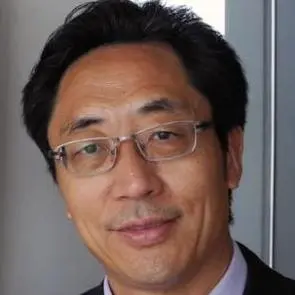China Seminar | 8 September 2005
Investigating the Agricultural Revolution in China: Origin and Spread of Rice Farming
Rice is one of the most important staple foods for humans all over the world today. When and where rice was first cultivated by humans is an intriguing question carrying significant implications for understanding human life and history. This talk presents the latest scientific knowledge on this issue and the discovery of an ongoing archaeological project in China.
Tianlong Jiao joined the Bishop Museum as a Researcher after receiving his Ph. D. from Harvard University in November 2003. In this newly created position, he will focus on researching the links between ancient China and the Pacific. His ongoing archaeological projects include a study of the development of maritime traditions and population migrations on the coast of Southeast China in prehistory, and an investigation of the beginning of rice agriculture in the middle Yangzi River valley.
Receiving his B.A. from Peking University in 1987, M.A. from Graduate School of Chinese Academy of Social Sciences in 1990, and Ph.D. from Harvard University in 2003, Tianlong Jiao directed or participated in more than twenty archaeological excavation projects in China since 1985. He has co-authored five books and published more than thirty research papers both in Chinese and in English. Recipient of several prominent awards from Harvard University, Dr. Jiao is a member of Society for Chinese Archaeology and the Society for American Archaeology.
